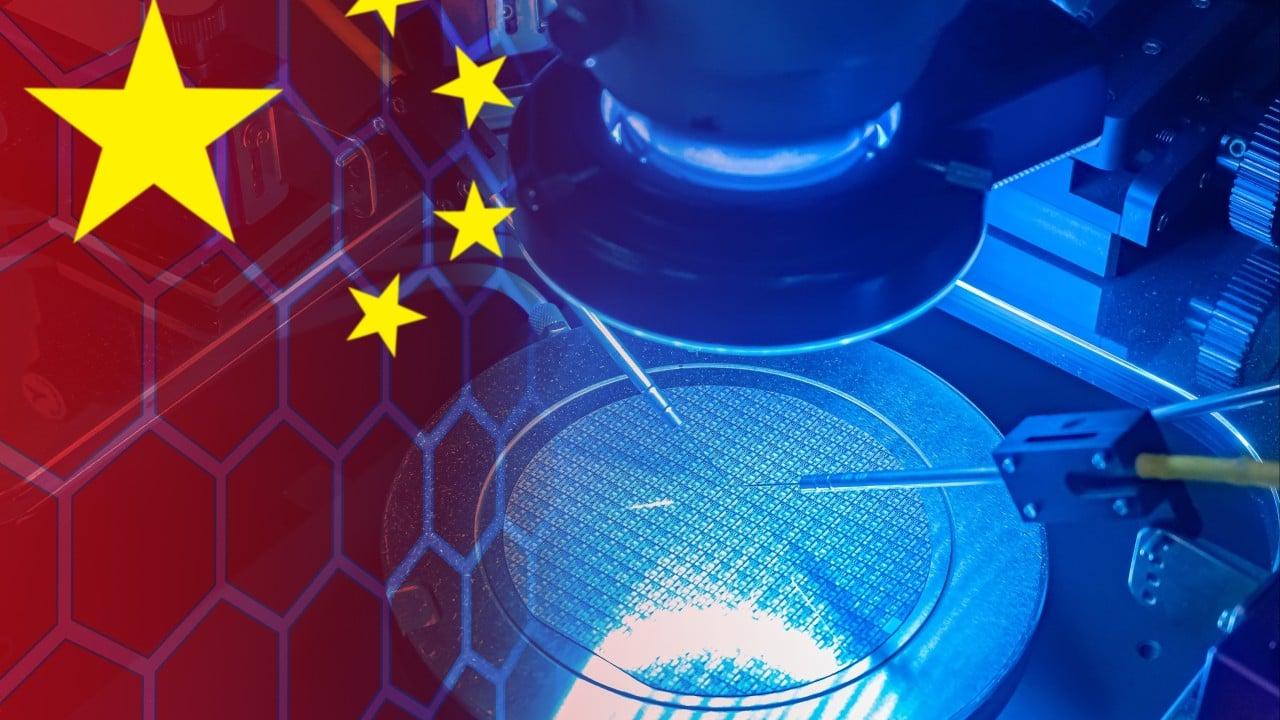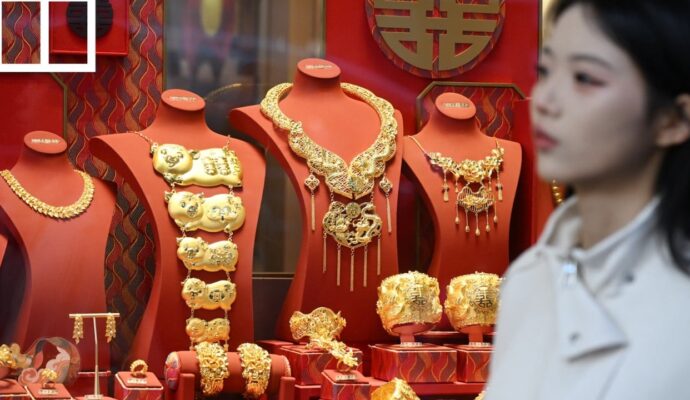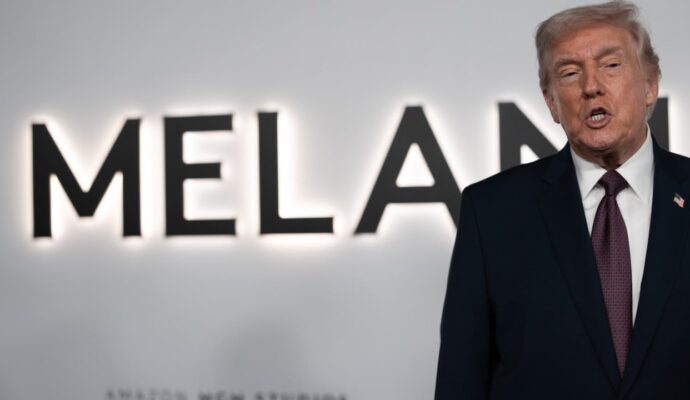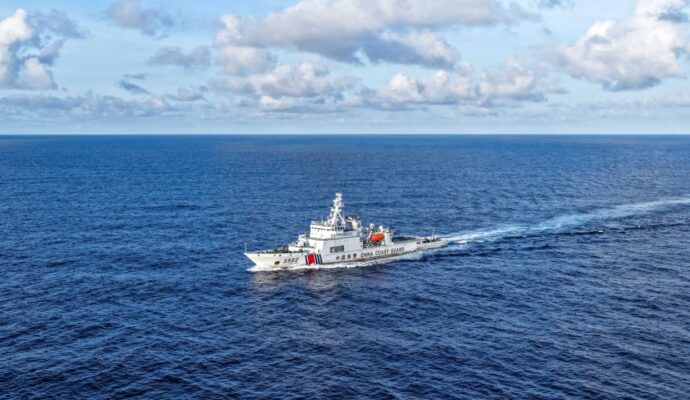
The US has been piling pressure on allies, including the Netherlands, Japan and South Korea, to follow suit.
The Dutch government said on March 8 that it would restrict the export of deep-ultraviolet (DUV) lithography machines. These are ASML’s second most-advanced machines. It has never exported the most advanced machines, extreme ultraviolet, or EUV, to China.
“Given technological developments and geopolitical context, the government has concluded that it is necessary for (inter) national security to expand the existing export control of specific semiconductor manufacturing equipment,” trade minister Liesje Schreinemacher wrote to Dutch lawmakers.
It is clear that the Americans are behind this. Their policy is to pressure allies and suppress Chinese growth
ASML, Europe’s largest tech company by value, sends 18 per cent of its orders to China, according to Politico Europe.
Tan, the envoy, said the move would be “bad for China, bad for the Netherlands and world trade, and will have a negative effect on our relations and economic cooperation”.
“You are a small country, and you have always been the standard bearer for free trade. You maintain your lead by selling to China and reinvesting the proceeds,” Tan said.
“It is clear that the Americans are behind this. Their policy is to pressure allies and suppress Chinese growth through coercion, harassment and domination,” he added in the interview.
Liesje Schreinemacher, the Dutch trade minister, wrote to lawmakers explaining the decision to expand export controls “of specific semiconductor manufacturing equipment”. Photo: AFP
In her letter to Dutch lawmakers, Schreinemacher said that the ban would “prevent Dutch goods from contributing to undesirable end uses, such as military deployment or in weapons of mass destruction”.
This also earned a rebuke from Tan.
“Let’s not abuse the security argument. This technology is not that advanced at all; this is for consumer use. China has never harmed European interests for hundreds of years,” he said.
The warning comes amid broad wariness in Europe about Beijing’s willingness to weaponise access to its giant market to achieve its political goals.
The European Union is now suing China at the World Trade Organization for what it considers economic coercion. After Lithuania permitted a “Taiwanese Representative Office” to open in Vilnius in 2021, Beijing was accused of blocking Lithuanian exports to China.
The informal 17+1 trade group between China and mostly Eastern European nations has shrunk to 14+1 after several countries departed, saying they had seen no benefit from it.
And since 2021 the EU parliament has put on hold a long-negotiated investment deal with China in response to Beijing’s imposition of sanctions on some parliament members.
Brussels is also developing an “anti-coercion instrument”, designed to hit back at economic bullying by Beijing and other actors.
Last week, EU trade chief Valdis Dombrovskis said the Netherlands had reached out to the European Commission over the chip curbs.
“The Netherlands has a leading role in this area of technology and we are aware of their recent announcement of new controls in this area related to advanced chips and the tools to manufacture them that have a variety of applications in the military field,” he said.
“The Netherlands has been in contact with the commission on this topic. We are now carefully analysing the announcement. We always closely follows developments in this area and are in close contact with member states and our allies,” he added.


